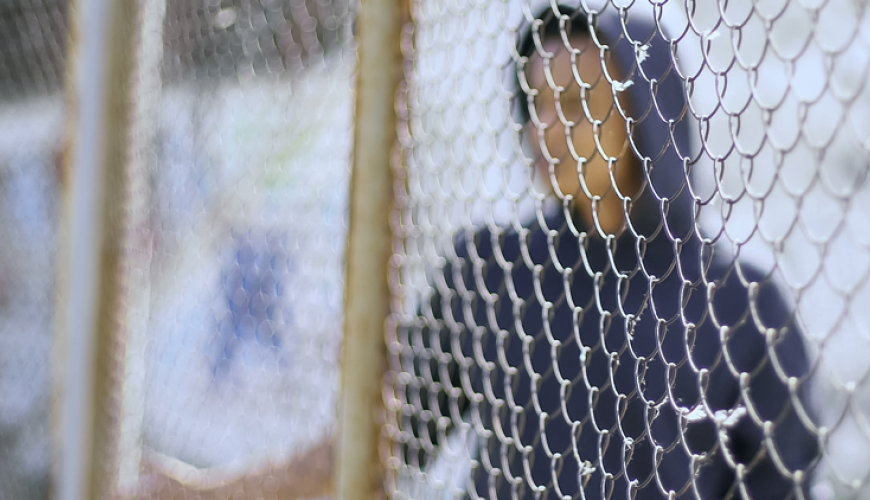Youth Justice and Child Wellbeing Reform Across Australia

Background
In 2023-24, the National Children’s Commissioner conducted a project that investigated opportunities for reform of youth justice and related systems across Australia based on evidence and the protection of human rights. The project explored ways to reduce children’s involvement in crime, including through prevention and early intervention.
While Australia has made some reforms to youth justice systems, there remain laws, policies and practices that impact negatively on the rights and well-being of children and young people and fail to serve the wider public interest. Official inspections have repeatedly reported on the maltreatment of children in youth detention in some jurisdictions. Children from disadvantaged backgrounds with complex needs and disabilities, including Aboriginal and Torres Strait Islander children, are overrepresented in child protection and youth justice statistics across the country.
Research has pointed to problems with service systems intended to provide support for children and families, including health, mental health, education, and social services. The poor design and inaccessibility of support services lead to pressures on child protection and youth justice systems.
Children's Rights
All children in Australia, including children who commit criminal offences, are entitled to have their human rights protected. These rights are set out in international human rights treaties, in particular the UN Convention on the Rights of the Child (CRC). They include children’s rights to have their best interests as a primary consideration, to be treated fairly and without discrimination, to be kept safe and healthy, to engage in education, and to have their views taken into account in decisions that affect them.
The UN Committee on the Rights of the Child calls on nations to implement comprehensive child justice policies that protect children’s rights[1].
Project Overview
This project gathered information through a range of processes, including a review of existing literature and research, submissions from experts and organisations, and a series of stakeholder interviews and roundtables across Australia.
We also held targeted consultations with 150 children and young people, including those in contact with youth justice systems across the country, as well as family and community members.
The project’s findings and recommendations are included in a statutory report to the Commonwealth Attorney-General, under section 46MB(3) of the Australian Human Rights Commission Act 1986 (Cth). This report, titled 'Help way earlier!' How Australia can transform child justice to improve safety and wellbeing, was tabled in federal parliament on 20 August 2024.
Go to the Help way earlier! webpage for the final report, child-friendly and Easy Read versions of the report, and public submissions to the project.
If a child is in danger
If you believe a child or young person is in immediate danger, call Police on 000.
If you or someone you know is in crisis, and you are unsure which service to contact, call Kids Helpline on 1800 55 1800 or Lifeline on 13 11 14. Both are available from anywhere in Australia 24 hours a day (toll free) and provide generalist crisis counselling, information and referral services.
Other support services that you may find helpful are:
- Beyond Blue: 1300 22 4636
- MensLine Australia: 1300 78 99 78
- 1800Respect: 1800 737 732
- BraveHearts Support Line: 1800 272 831
- BlueKnot Helpline Disability Services: 1800 421 468
- QLife: 1800 184 527
- 13 YARN: 13 92 76
- eheadspace: 1800 650 890
[1] UN Committee on the Rights of the Child, General Comment 24; Children’s rights in juvenile justice CRC/C/GC/24 (18 September 2019) paras 9–12.
